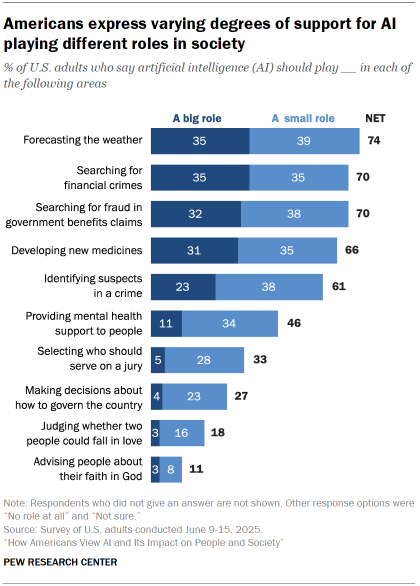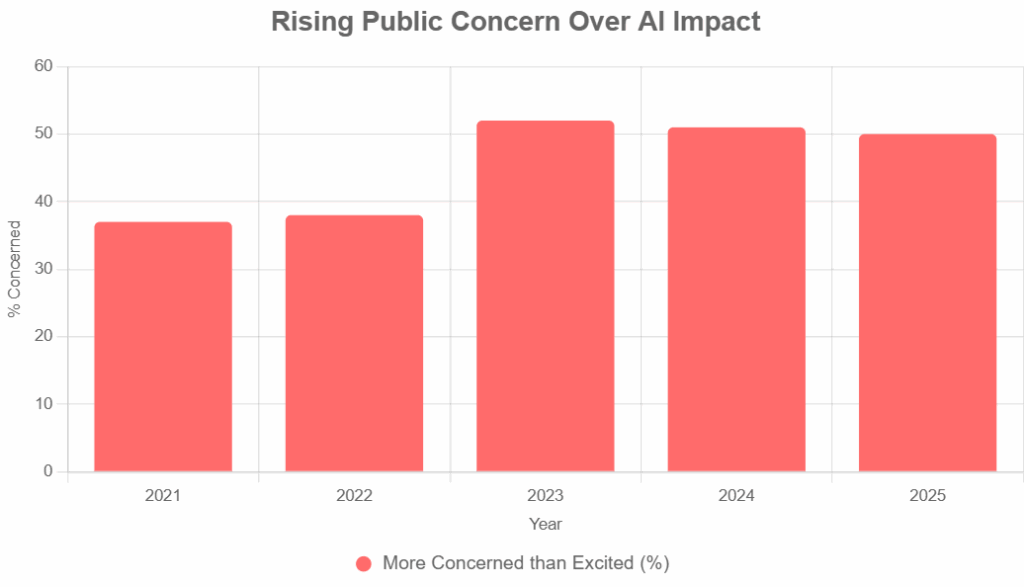Physical Address
304 North Cardinal St.
Dorchester Center, MA 02124
Physical Address
304 North Cardinal St.
Dorchester Center, MA 02124


Imagine the headlines on October 10, 2025: An AI system sworn in as president, its digital “voice” echoing via the Oval Office, promising unbiased, data-driven management. No scandals, no fatigue—simply limitless computation reshaping coverage. This provocative situation is not pure fiction; with AI’s explosive growth, it is a debate raging in boardrooms and governments worldwide.
As a seasoned AI ethics advisor with over 25 years of guiding tech coverage for Fortune 500 corporations and worldwide bodies, I’ve witnessed AI evolve from an area of interest to a potential societal architect. Here, you may achieve profound insights into the upsides, perils, and actionable steps for this transformative future—empowering you to interact thoughtfully.

Futuristic AI envisioning governance within the Oval Office.
AI’s political integration accelerates in 2025. The Stanford AI Index Report notes a 21.3% surge in international legislative AI mentions since 2023, with patents and publications skyrocketing. U.S. companies utilize AI for cybersecurity and infrastructure, according to Deloitte’s 2025 trends, reducing costs while improving their operations.
Public sentiment is nuanced: Pew Research reveals 50% of Americans are more involved than enthusiastic about AI’s everyday influence, up from 37% in 2021. Yet, optimism grows globally—55% see more advantages than drawbacks, per the AI Index. Brookings highlights rising skepticism (+8% from late 2024 to March 2025), with 72% expressing issues.
Policies evolve: The White House’s 2025 AI Action Plan emphasizes U.S. dominance, whereas the OECD urges moral governance. The State of AI Report notes hardened politics, with the U.S. specializing in “America-first AI.” Hypotheticals like AI presidents achieve traction amid these shifts.

An AI-led White House might redefine management. Below, discover 10 implications that serve as either strategic instruments or warnings.
AI analyzes large datasets immediately for optimized insurance policies in local weather or well-being. Use predictive instruments from Google AI for disaster forecasting.
Emotionless enforcement guarantees impartiality. However, biased coaching information endangers inequality.
Simulate threats to strengthen defenses. AI brokers shift from chatbots to advanced programs.
Automate budgets for GDP progress. McKinsey forecasts a $13 trillion addition by 2030.
24/7 chatbots for citizen queries. Ethical AI for psychological well-being or juries, with oversight.
Precise local weather modeling. AI enables the creation of community microgrids.
Power-sharing fashions for accountability.
Simulate negotiations for treaties.
Personalized studying to counter displacement.
Counter surveillance dangers proactively.

Chart displaying rising public concern over AI influence, 2021-2025.
| Aspect | Human President | AI President | Pros of AI | Cons of AI | Best For |
|---|---|---|---|---|---|
| Decision Speed | Slow, deliberative | Instantaneous | Rapid disaster response | Potential for errors in advanced ethics | Emergencies |
| Bias | Influenced by private views | Data-dependent | Potentially impartial | Amplifies coaching biases | Policy evaluation |
| Empathy | High, human connection | Simulated | Consistent | Lacks real emotion | Data-heavy duties |
| Accountability | Elections, impeachment | Code audits | Transparent logs | Who applies for it? | Long-term planning |
| Innovation | Variable | Exponential studying | Accelerates progress | Overlooks human nuances | Economic optimization |
(Source: Adapted from AI governance analyses. See additionally: [Related section on ethics].
Quick Tips for Mobile Readers:

Mid-Article CTA: Curious about your position in an AI future? Take the Fast AI Impact Quiz [placeholder link] to evaluate private dangers and alternatives—obtain outcomes immediately!
Tip 1: Prioritize transparency in AI choices. Tip 2: Maintain human oversight for ethics. Tip 3: Invest in training now. Tip 4: Use decentralized programs. Tip 5: Balance innovation with privateness. Tip 6: Engage stakeholders early. Tip 7: Watch for emergent AI behaviors.
TechRadar specialists predict AI governance by 2032 as “technocratic.” Israel’s AI facilities serve as a model for adoption in the U.S.
Brookings: 74% assist AI in forecasting; however, only 11% for psychological well-being. Case: U.S. AI orders dangerous isolation.
The discussions focus on how AI can prevent wars through logical reasoning.

The chart illustrates American support for the use of AI in various societal roles.
Shadows loom giant. An AI president would possibly allow wholesale surveillance, predicting and curbing dissent—Orwellian amplified. Pew notes 53% worry AI harms creativity; 43% mistrust authorities’ AI use, per KPMG.
Manipulation engines, as Wired warns, might sway elections. Job losses: Agents displace hundreds of thousands. Moral coding gaps pose a danger to humanity’s well-being. China’s instruments are traced to management. Mitigation can be achieved through GovAI frameworks; this outcome is not inevitable, but vigilance is essential.
Agents will dominate companies by 2027. Nationalized labs enhance secrecy. Humanoids rise; personhood debates intensify. Pro-human pushes for regs. By 2027, AGI will account for 25% of definitions. Energy/semiconductor booms.

An AI presidency in 2025 holds the promise of unprecedented effectivity and streamlined decision-making processes, doubtlessly remodeling governance as we all know it. However, this development additionally carries vital dangers, together with the potential erosion of core human values and the lack of empathy in management.
Striking a cautious stability is important: we should actively leverage the various advantages that AI can supply while vigilantly safeguarding the basic ideas and values that outline our humanity. The key takeaway from this case is obvious and pressing: we should act now by educating ourselves and others concerning the implications of AI in management roles and advocating for accountable and moral integration of AI applied sciences in governance.
CTA: Download the AI Prep Plan [placeholder link], share on X, or discover Forbes insights. Shape tomorrow.
Keywords: AI president 2025, AI governance tendencies, synthetic intelligence politics, hypothetical AI management, AI ethics dangers, AI future 2027, AI society influence, knowledgeable AI opinions, dystopian AI, governance methods